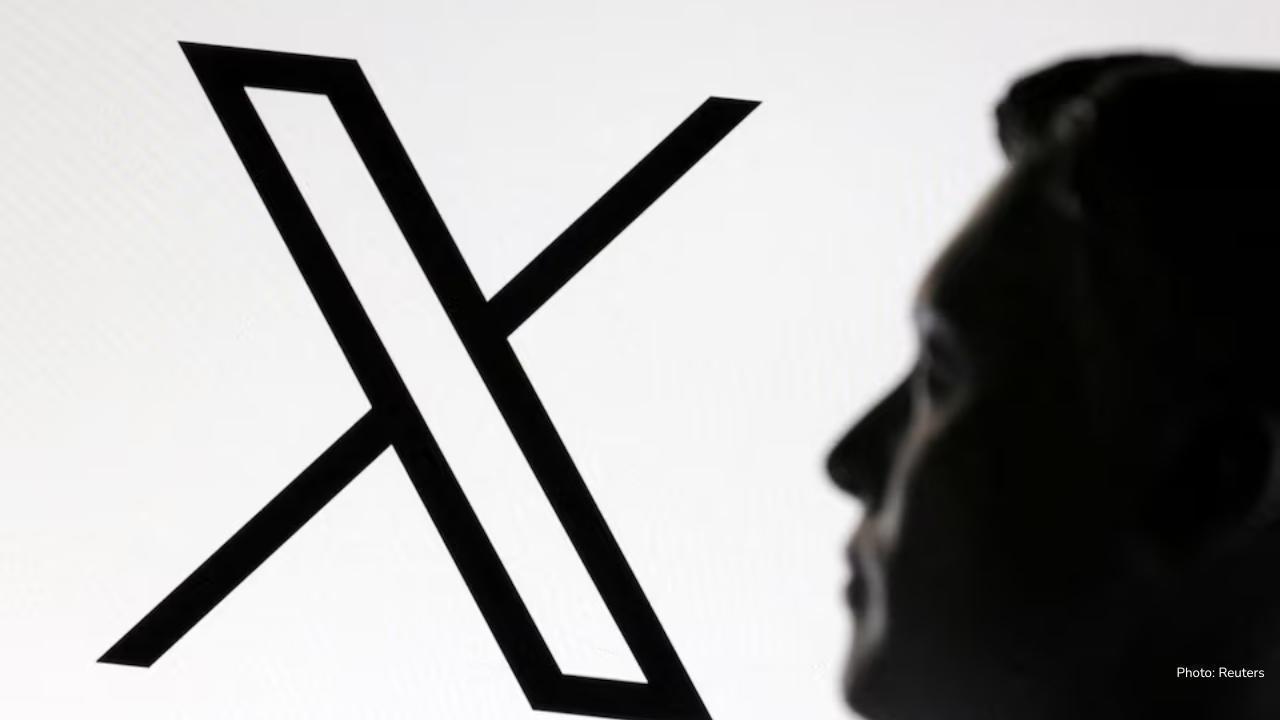
Post by : Monika
On September 24, 2025, a court in India dismissed a petition filed by X, the social media platform formerly known as Twitter, challenging the Indian government’s new content removal mechanism. This decision is significant as it emphasizes that social media platforms must follow Indian laws and cannot operate outside of the legal framework.
The case was heard by Justice M. Nagaprasanna at the High Court of Karnataka. The court ruled that social media platforms must adhere to the laws of the country in which they operate. This ruling came after X raised concerns about the government’s authority to request content removal directly through a centralized system.
Background of the Content Removal Mechanism
In 2023, the Indian government introduced a new system to regulate online content more efficiently. This system allows various government officials to request the removal of content they consider illegal, harmful, or misleading. The idea behind the system is to prevent the spread of misinformation, protect public order, and remove content that could incite violence or harm social harmony.
The government has stated that the mechanism is a necessary tool in today’s digital age, where content can spread rapidly and impact millions of people within minutes. The system is designed to ensure that platforms respond quickly to requests from the authorities, reducing the time harmful content remains online.
X’s Petition Against the System
X filed the petition challenging this mechanism, arguing that it gives excessive power to government officials. They claimed that the system could be misused to remove content arbitrarily, which they said would restrict free speech on the platform. According to X, allowing numerous officials to order content removal without proper checks could lead to censorship and suppression of different opinions.
X also argued that the mechanism does not provide sufficient transparency. They raised concerns that the platform may be forced to remove content before it has an opportunity to review the legality of such requests. The company feared that this could damage its reputation and credibility among users, who expect freedom of expression on social media platforms.
Court’s Observations
Justice M. Nagaprasanna noted in his ruling that while freedom of speech is a fundamental right in India, it comes with certain responsibilities. Platforms like X operate in India and reach millions of users in the country. Therefore, they must comply with local laws, even if these laws differ from policies in other countries.
The judge emphasized that social media platforms cannot selectively follow laws only when convenient. If they operate in India, they must accept that the government has the authority to ensure content is legal and does not harm public interest. The court further noted that freedom of expression is not absolute and can be regulated to protect public order, decency, morality, and national security.
Government’s Defense of the Mechanism
The Indian government defended the content removal system, saying it is necessary to fight the spread of harmful content. Officials highlighted that the system addresses several online challenges, including misinformation, hate speech, content that threatens public safety, and content that could incite violence.
According to the government, the mechanism is not designed to suppress opinions or limit free speech. Instead, it provides a clear, structured way for authorities to report illegal content and request its removal efficiently. The system also aims to hold social media platforms accountable if they fail to act responsibly.
Impact on Social Media Platforms
The court’s decision has important implications for social media companies operating in India. Platforms must now ensure they comply with local rules for content moderation and removal. This includes responding to government requests promptly, maintaining records of actions taken, and following proper procedures.
Failure to comply with these laws could result in penalties, legal action, or restrictions on the platform’s operations in India. This ruling signals to other tech companies that they cannot avoid local regulations, even if they disagree with them or find them challenging to implement.
Freedom of Speech vs. Responsibility
One of the central issues in the case was the balance between freedom of speech and the responsibility of platforms. India guarantees freedom of speech to its citizens, but this freedom is not unlimited. The law allows restrictions to protect public order, morality, decency, and national security.
The court highlighted that social media platforms have a responsibility to ensure that content shared on their platforms does not violate these restrictions. While users have the right to express opinions, platforms must ensure that harmful, misleading, or illegal content is addressed appropriately.
Concerns Raised by Activists and Experts
Some digital rights activists have raised concerns that the government’s mechanism could lead to overreach. They argue that giving too much power to officials could potentially lead to censorship or removal of content that is not genuinely harmful. Experts also warn that platforms may over-comply to avoid penalties, which could result in unnecessary content removal.
Despite these concerns, the court made it clear that X, as a platform operating in India, must adhere to the law and cannot challenge the system on the grounds of potential misuse alone. The judgment reinforces that legal compliance is mandatory, even if platforms believe certain rules are stringent or inconvenient.
Possible Appeal and Future Steps
X has the option to appeal the ruling to the Supreme Court of India if the company believes that the High Court decision is unfair or legally flawed. An appeal could take time, and during this period, X is expected to comply with the content removal mechanism.
Legal experts suggest that any future appeal will likely focus on issues of transparency, due process, and the potential for misuse of government authority. However, for now, the High Court’s decision sets a strong precedent for the treatment of social media companies under Indian law.
Global Implications
The case also highlights challenges faced by global tech companies operating in multiple countries. Rules and regulations for content moderation differ across nations, and platforms must adapt to local laws. While X and other social media platforms advocate for universal standards, they must comply with the laws of each country where they operate.
India is one of the largest markets for social media platforms, with millions of users across the country. This makes compliance with Indian laws crucial for platforms that want to maintain access to their Indian user base.
User Experience and Platform Policies
Social media users in India may notice changes in how content is managed on platforms like X. The platform is likely to update its policies, moderation practices, and reporting systems to align with Indian rules. Users may also see faster removal of flagged content in accordance with government requests.
At the same time, X must balance legal compliance with its commitment to free speech. The company will need to communicate clearly with users about why content is removed and provide avenues for appeal or clarification.
Conclusion
The dismissal of X’s petition by the Indian High Court is a significant decision for social media regulation in India. It reaffirms that platforms must follow local laws and cannot claim immunity from national legal systems.
The case demonstrates the ongoing tension between freedom of speech and government authority in the digital age. While platforms advocate for free expression, governments seek to protect public order and prevent harm. Social media companies operating in India must navigate this balance carefully.
The ruling also sets an important example for other global tech companies, showing that compliance with local laws is non-negotiable. As digital content continues to grow and influence millions of users, clear legal frameworks and responsible platform behavior will remain essential.
For users, this may mean stricter moderation, faster removal of illegal content, and greater accountability from social media platforms. For the government, it confirms the effectiveness of regulatory mechanisms in ensuring that platforms act responsibly.
Overall, the decision emphasizes that operating in India comes with responsibilities. Social media platforms must respect Indian laws, respond to legitimate content removal requests, and ensure that the online environment is safe, lawful, and balanced.

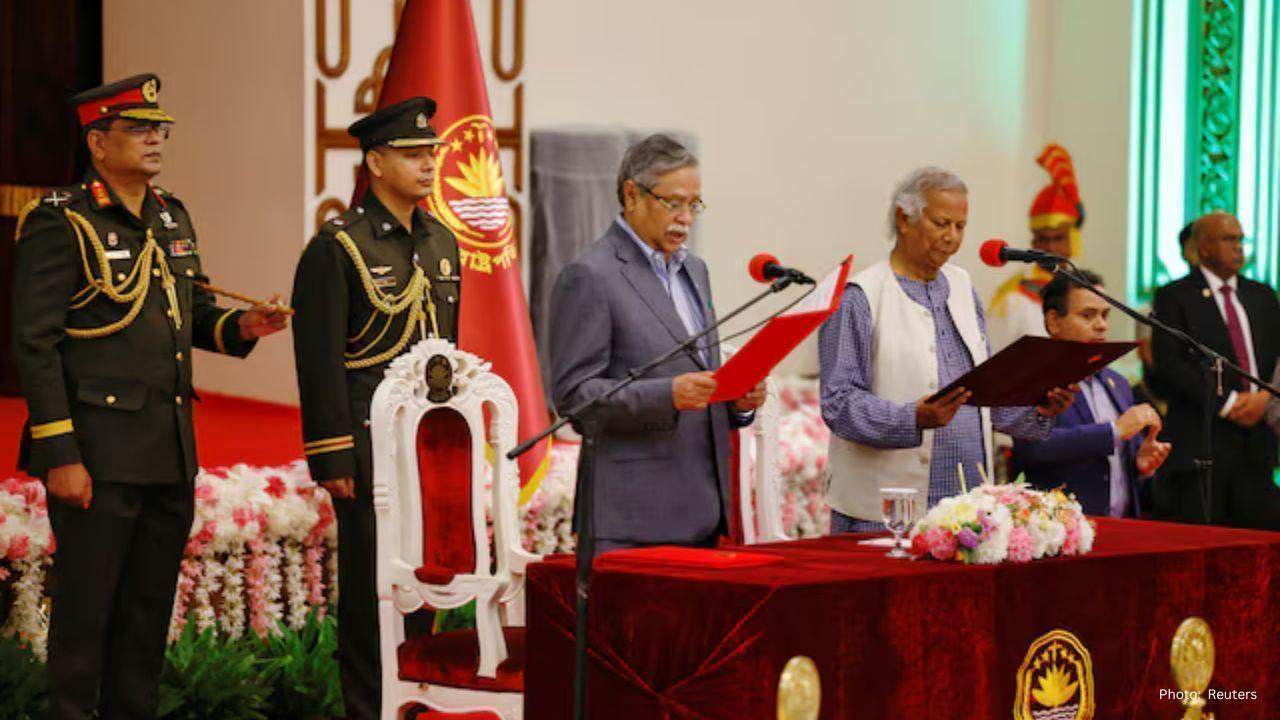
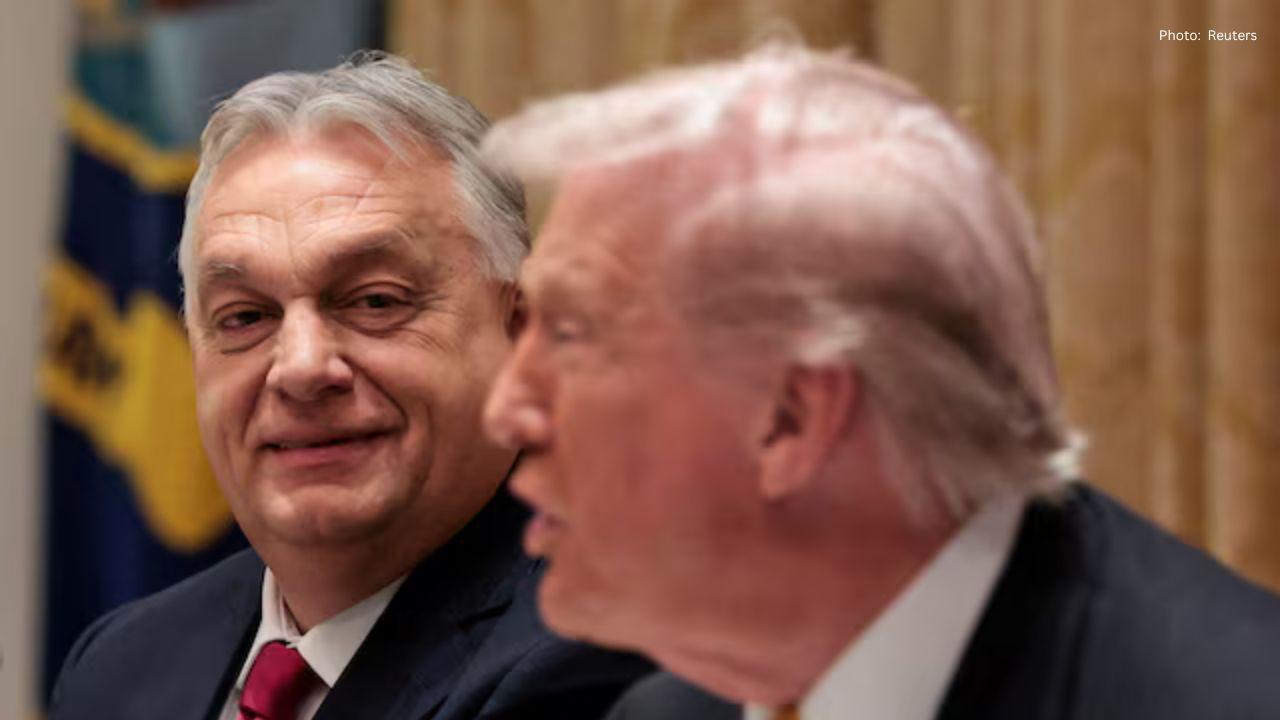


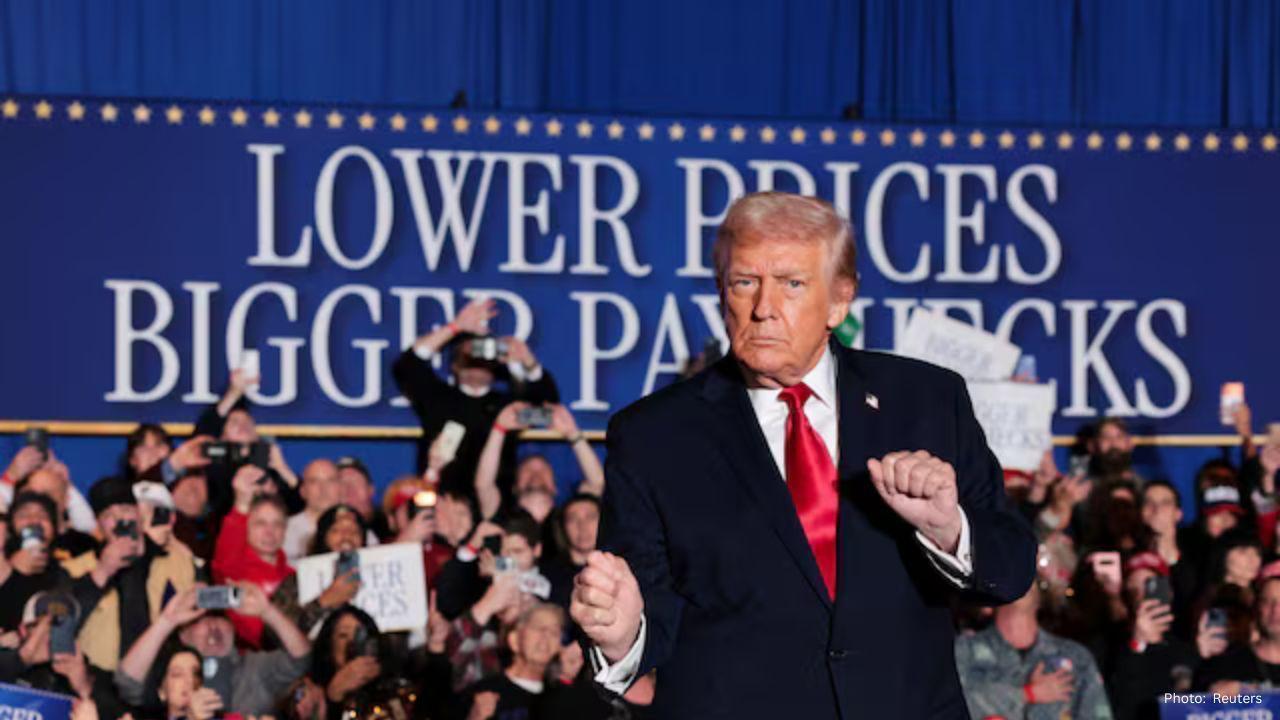



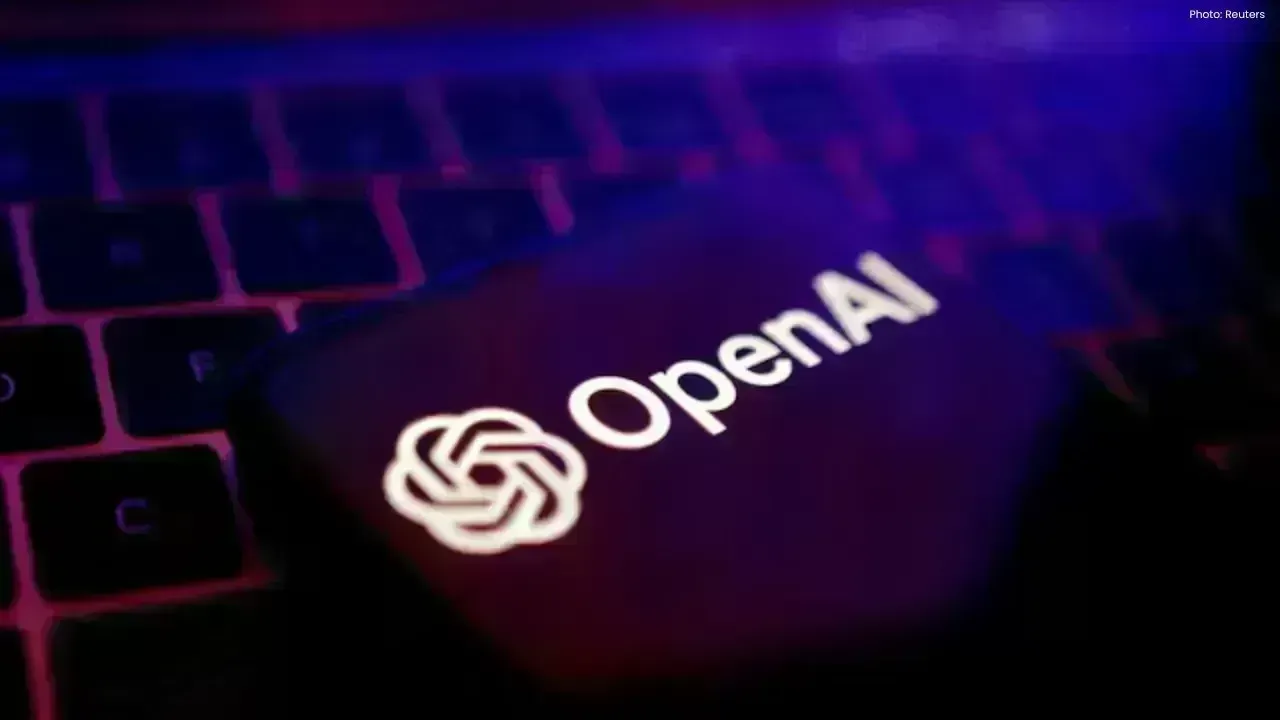
OpenAI Highlights Growing Cybersecurity Threats from Emerging AI Technologies
OpenAI has raised alarms about the increasing cyber risks from its upcoming AI models, emphasizing s

Manchester City Triumphs 2-1 Against Real Madrid, Alonso Faces Increased Scrutiny
Manchester City secured a 2-1 victory over Real Madrid, raising concerns for coach Xabi Alonso amid

Cristiano Ronaldo Leads Al Nassr to 4-2 Victory Over Al Wahda in Friendly Face-Off
Ronaldo's goal helped Al Nassr secure a 4-2 friendly win over Al Wahda, boosting anticipation for th

Landon Donovan Challenges Australia Coach on World Cup Prospects
Landon Donovan counters Australia coach Tony Popovic’s optimism for the World Cup, expecting an earl

Mercedes-Benz Forms Landmark Partnership with WTA
Mercedes-Benz and the WTA unveil a significant partnership effective January 2026, with major invest

Abhishek Addresses Divorce Rumours Concerning His Family
Abhishek Bachchan confirms that daughter Aaradhya remains oblivious to divorce speculations, focusin